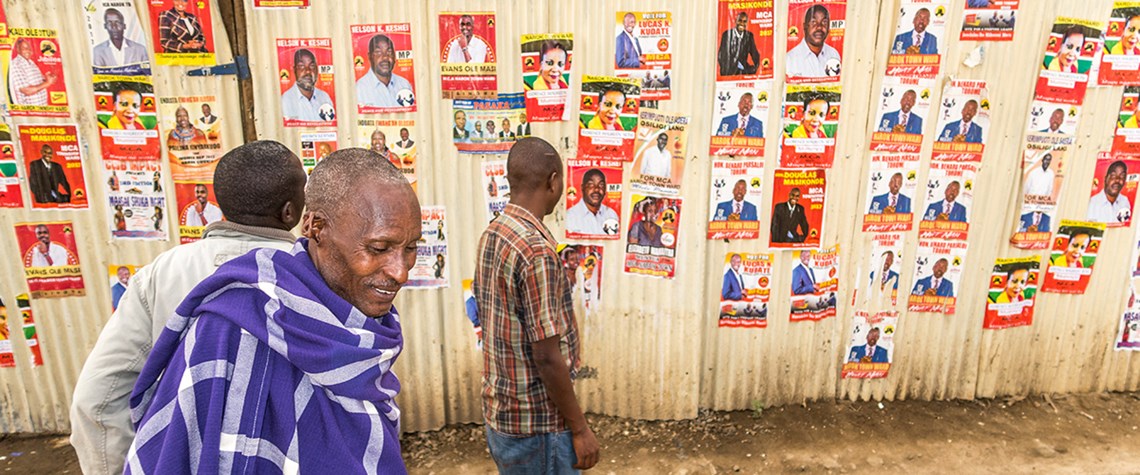Nervy times in Kenya's elections
Oil companies will be hoping that the relatively calm passing of the country's presidential elections will pave the way for faster progress towards pipeline exports
What looks like a victory for the incumbent, Uhuru Kenyatta, in Kenya's presidential elections, held on 8 August, has done little to clarify the outlook for the country's nascent oil industry, though pre-election posturing by candidates over the division of oil revenues may die down. Provisional results indicate that Kenyatta won by a clear majority, although opposition leaders have claimed the electoral management system was hacked to produce a fraudulent result. The country's electoral commission has dismissed these claims and observers from the African Union, Commonwealth and other bodies described the elections as credible. Sporadic violence, producing several fatalities, followed the po

Also in this section
18 February 2026
With Texas LNG approaching financial close, Alaska LNG advancing towards a phased buildout and Magnolia LNG positioned for future optionality, Glenfarne CEO Brendan Duval says the coming year will demonstrate how the company’s more focused, owner-operator approach is reshaping LNG infrastructure development in the North America
18 February 2026
The global gas industry is no longer on the backfoot, hesitantly justifying the value of its product, but has greater confidence in gas remaining a core part of the global energy mix for decades
18 February 2026
With marketable supply unlikely to grow significantly and limited scope for pipeline imports, Brazil is expected to continue relying on LNG to cover supply shortfalls, Ieda Gomes, senior adviser of Brazilian thinktank FGV Energia,
tells Petroleum Economist
17 February 2026
The 25th WPC Energy Congress, taking place in Riyadh, Saudi Arabia from 26–30 April 2026, will bring together leaders from the political, industrial, financial and technology sectors under the unifying theme “Pathways to an Energy Future for All”







